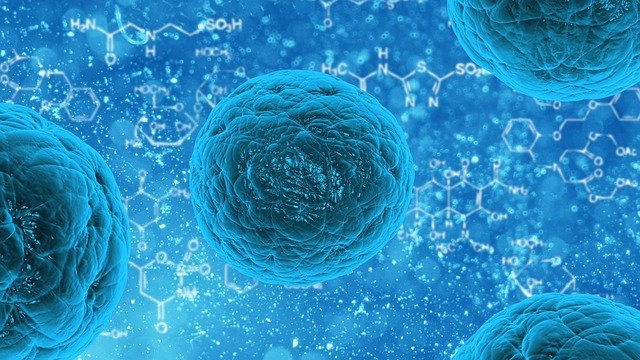Recent research suggests that bacteria in our gut may alter the process of aging.
The gut microbiome is comprised of millions of bacteria residing in the gastrointestinal tract. The microbiome has become an important research topic over the last twenty years in multiple areas of research including nutrition, diseases, and physiology. Previous studies have highlighted that a healthy gut microbiome essential for the proper functioning of the digestive system.
In a recent study, published in Science Translational Medicine, researchers found that gut bacteria may alter the aging process, which could eventually lead to the development of food-based therapies. Their objective was to shed light on the functional role played by gut bacteria as the mouse ages. They used a microbial transplantation method (transferring bacteria from old mice to young mice), sequencing and statistical analysis tools as part of their experiment.
The researchers found increased neurogenesis among young mice due to transplanted bacteria. This increased neurogenesis (the process of development of nerve cells) was due to the production of butyrate by gut bacteria (a short-chain fatty acid produced through the process of bacterial fermentation of fibres), which is decreased as we age. They also found that these bacteria aided in the reduction of the intestinal wall damage, thus reducing the inflammation risk, which leads to chronic diseases. This is interesting since research points to the significance of butyrate in neurogenesis and aging. It shows that the negative effects of aging can be lowered by regulating butyrate production.
The research provides strong evidence that gut bacteria play a positive role in regulating aging. However, it is possible that several other biochemical pathways could have been involved resulting in the phenotypic variation among mice which also serves as a limitation of the study. Future studies could be conducted to know whether butyrate-producing bacterial communities are lost in old-aged.
Written by Sakina Bano Mendha
References:
Gut Microbiota Info. (n.d.). Retrieved from https://www.gutmicrobiotaforhealth.com/en/about-gut-microbiota-info/.
Kundu, P., Lee, H. U., Garcia-Perez, I., Tay, E. X. Y., Kim, H., Faylon, L. E., … Pettersson, S. (2019). Neurogenesis and prolongevity signaling in young germ-free mice transplanted with the gut microbiota of old mice. Science Translational Medicine, 11(518). doi: 10.1126/scitranslmed.aau4760
Ntusg. (n.d.). Bacteria in the gut may alter ageing process, finds NTU Singapore study. Retrieved from https://www.eurekalert.org/pub_releases/2019-11/ntu-bi111419.php.
Image by PublicDomainPictures from Pixabay



